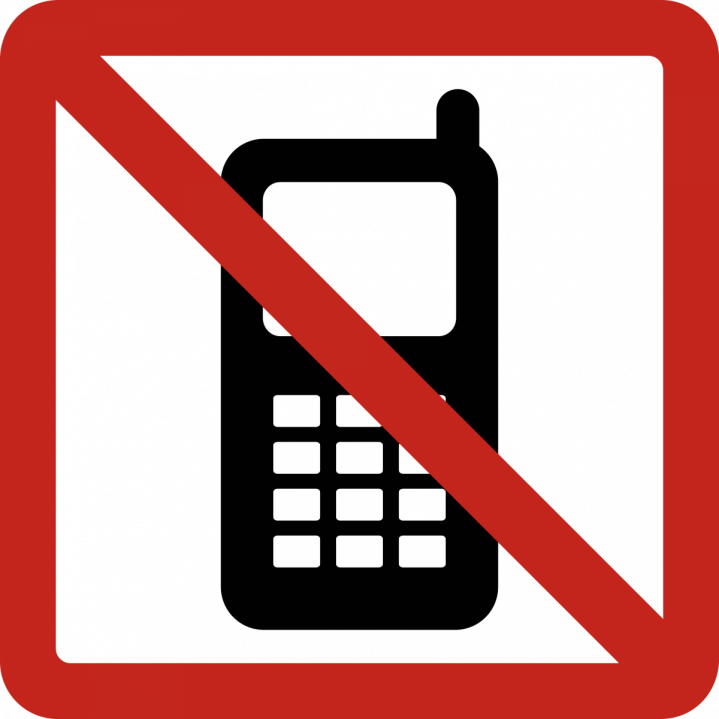
Third-party app developers are so ingenious that big hardware manufacturers copy their works. Apple is not an exception.
The Cupertino iPhone maker has the liberty and full capacity to remove apps from the App Store if it is in violation with their policies. In this case, however, Apple took down some apps from the App Store because they want to recreate them.
Here are some banned apps that Apple rehashed for iOS:
AirPods tracker
The iOS 11 betas have already revealed that the Find my iPhone app is now integrated with an AirPod finder. Prior to the release of iOS 10.3 beta, an AirPods tracker app called Finder for AirPods already existed on the App Store.
It should have been a huge help for AirPods users, but Apple took the app down from store stating it "is not appropriate for the App Store". Back then, Apple did not have any means to locate the AirPods which was a huge dilemma since the earphones are vulnerable to being lost with its wireless nature.
Blue light removal
This next feature was not made available via the App Store. Blue light removal tool f.lux was available on iOS phones through sideloading it. This kind of light emanating from digital screens is known for causing eye strains and disrupted sleep.
As blue light removal apps become popular on Windows and Mac, f.lux developers attempted to port its tool to iOS. Apple was not happy about it so they asked the developers to take down the download link. Only then it was found out when iOS 9.3 came out that Apple had been gearing up its official blue light removal tool called Night Shift.
Screen recording
Screen recording apps for smartphones have just started to become popular in the last few months. However, such app called Coolpixel was already available on the App Store in December 2016.
Since the iOS 11 beta started to be rolled out, Coolpixel developers had struggled to keep the tool on the App Store as Apple took it down twice. When Apple discovered there were other screen recording apps from the App Store, they too were removed.









